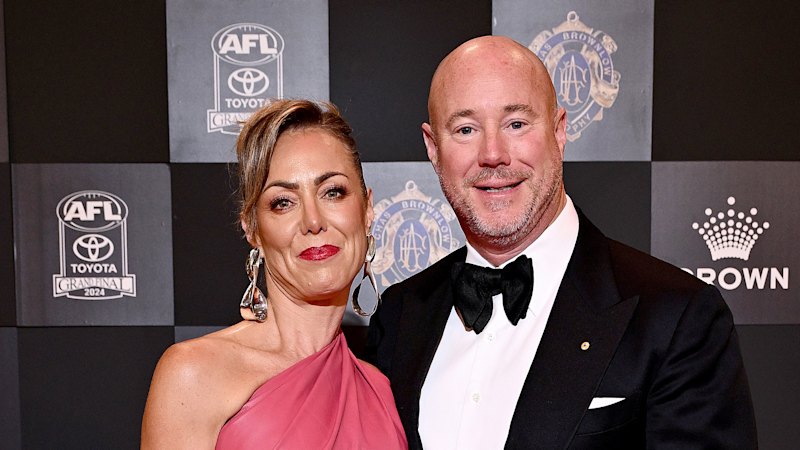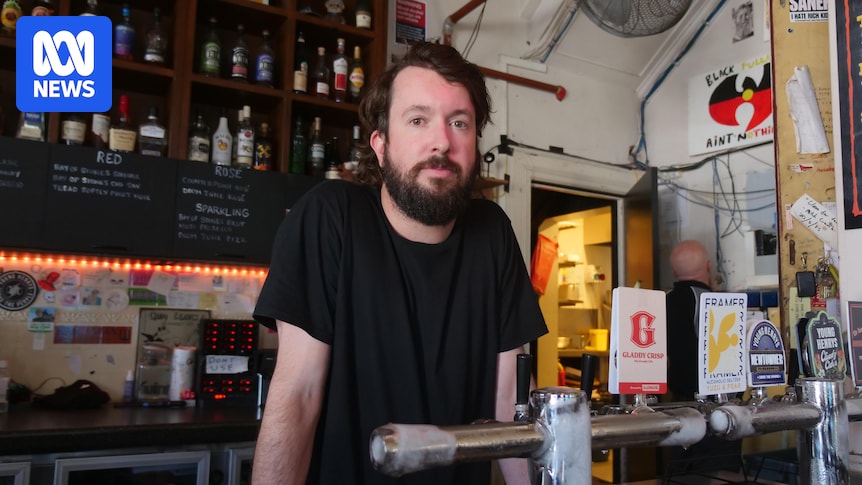
A new flu vaccine is set to be introduced for children in New South Wales (NSW), offering a needle-free alternative to traditional injections. The NSW Government has announced plans to provide a free intranasal vaccine, known as FluMist, for young children, aiming to enhance vaccination rates and ease parental concerns.
The FluMist vaccine, which is administered as a nasal spray, delivers the same level of protection as the existing injectable vaccines for children. NSW Health Minister Ryan Park emphasized the benefits of the program, stating, “This new program will provide an accessible and convenient needle-free option for children and improve vaccination uptake ahead of the 2026 winter flu season.”
Addressing Vaccination Barriers
The introduction of the FluMist vaccine is expected to be a significant step forward in public health, particularly for children aged two to five years. The spray is anticipated to be available from next year, with distribution through general practitioners across NSW. This development follows a record-breaking number of flu cases reported in the Australian Capital Territory (ACT) and southeast NSW earlier this year.
According to the National Notifiable Disease Surveillance System, as of September 13, 138,021 flu cases were reported in NSW this year, a substantial portion of the 280,841 total respiratory disease cases. This compares to 161,536 flu cases reported in 2024, highlighting the ongoing challenge of influenza in the region.
Expert Opinions and Parental Concerns
The Royal Australian College of General Practitioners has been advocating for needle-free flu vaccinations for young children. Dr. Rebekah Hoffman, Chair of NSW&ACT, described the initiative as a “game-changer” for families. She noted that two-thirds of parents reported distress as a barrier to vaccinating their children.
“As GPs, we know [needles are] a barrier to achieving the immunity our young patients need, and this Minns Government initiative breaks that barrier,” Dr. Hoffman stated. “Needle-free vaccines have been used overseas and thoroughly tested for safety and efficacy.”
Dr. Hoffman expressed optimism that the nasal vaccine would increase vaccination uptake and reduce hospitalizations, but she also warned of the need to address reduced flu immunity. Statistics from the National Centre for Immunisation Research and Surveillance show that only 27.6 percent of children under five were vaccinated against the flu by the end of 2024.
Public Health Implications
The needle-free alternative is expected to improve vaccination rates among children, potentially reducing the number of severe flu cases and hospitalizations. Dr. Hoffman highlighted the importance of this initiative, stating, “For parents, taking a young child to hospital with severe flu is terrifying. It’s also too common. There have been more than 3000 influenza-like illness presentations to our emergency departments [involving] children under five. Over 600 have been admitted to hospital.”
NSW Chief Health Officer Dr. Kerry Chant stressed the importance of flu prevention, noting that influenza can lead to severe complications, including pneumonia and the exacerbation of chronic conditions like diabetes and heart disease.
“Influenza is a serious illness that can cause pneumonia, make chronic underlying medical conditions like diabetes, lung and heart disease much worse requiring hospital admission, and cause death. Even previously healthy children can experience severe complications from influenza,” Dr. Chant explained.
Future Prospects and Regulatory Considerations
The FluMist vaccine has been successfully used in the Northern Hemisphere and is currently undergoing regulatory approval in Australia. The NSW Government anticipates that the vaccine may also be made available through the private market for other age groups, pending approval.
The move represents a proactive approach to public health, aiming to enhance community immunity and reduce the burden of influenza. As the 2026 flu season approaches, the introduction of this needle-free vaccine could mark a significant shift in vaccination practices, providing a less intimidating option for children and peace of mind for parents.
With the potential to increase vaccination rates and improve public health outcomes, the NSW Government’s initiative could serve as a model for other regions facing similar challenges in flu prevention and control.







